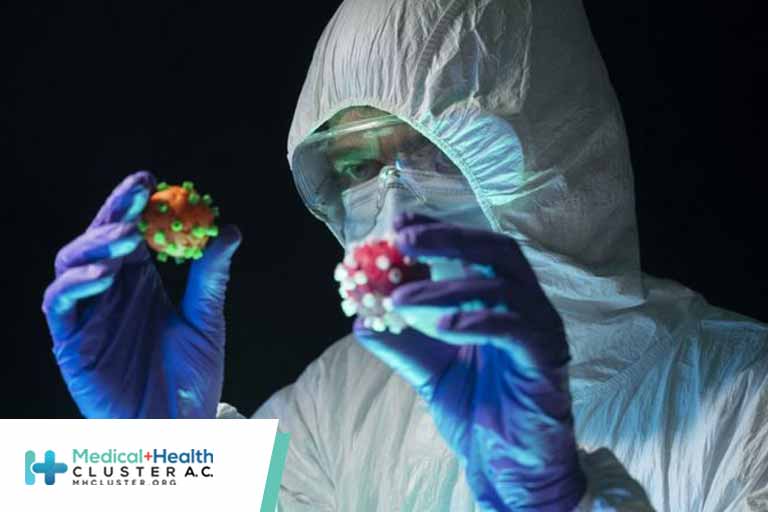En atención a la creciente preocupación sobre la confianza en...
Leer más
Mild COVID-19 Is Not Necessarily Benign

Eight months after contracting mild COVID-19, many healthcare workers reported persistent symptoms and functional impairment.
Substantial numbers of patients hospitalized with COVID-19 have lingering symptoms several months after discharge. What happens after mild disease? Researchers in Sweden invited healthcare professionals with mild COVID-19 (age range, 33–56; 85% women) to complete baseline questionnaires and have blood samples tested every 4 months for SARS-CoV-2 anti-spike IgG. At the 8-month follow up, 323 seropositive and 1072 seronegative participants reported on persistence, severity, and duration of 23 predefined symptoms. Underlying chronic conditions were reported by 23% of participants regardless of serostatus.
At least 1 moderate-to-severe symptom lasting ≥2 months was reported by 26% (seropositive) versus 9% (seronegative) participants; symptoms lasting ≥8 months were reported by 15% versus 3% of seropositive and seronegative participants, respectively. The most common symptoms reported by seropositive participants were anosmia, fatigue, ageusia, and dyspnea. Seropositive participants reported that persistent symptoms moderately to markedly disrupted their work life (8%), social life (15%), or home life (12%).
Créditos: Comité científico Covid





COMMENT
This study confirms that even mild COVID is not necessarily benign, as approximately one quarter of these low-risk individuals with mild COVID-19 reported persistent symptoms 2 months after illness that negatively affected daily lives. Understanding the pathogenesis of and potential therapeutic interventions for this condition, now known as post-acute COVID-19 syndrome, is urgently needed.